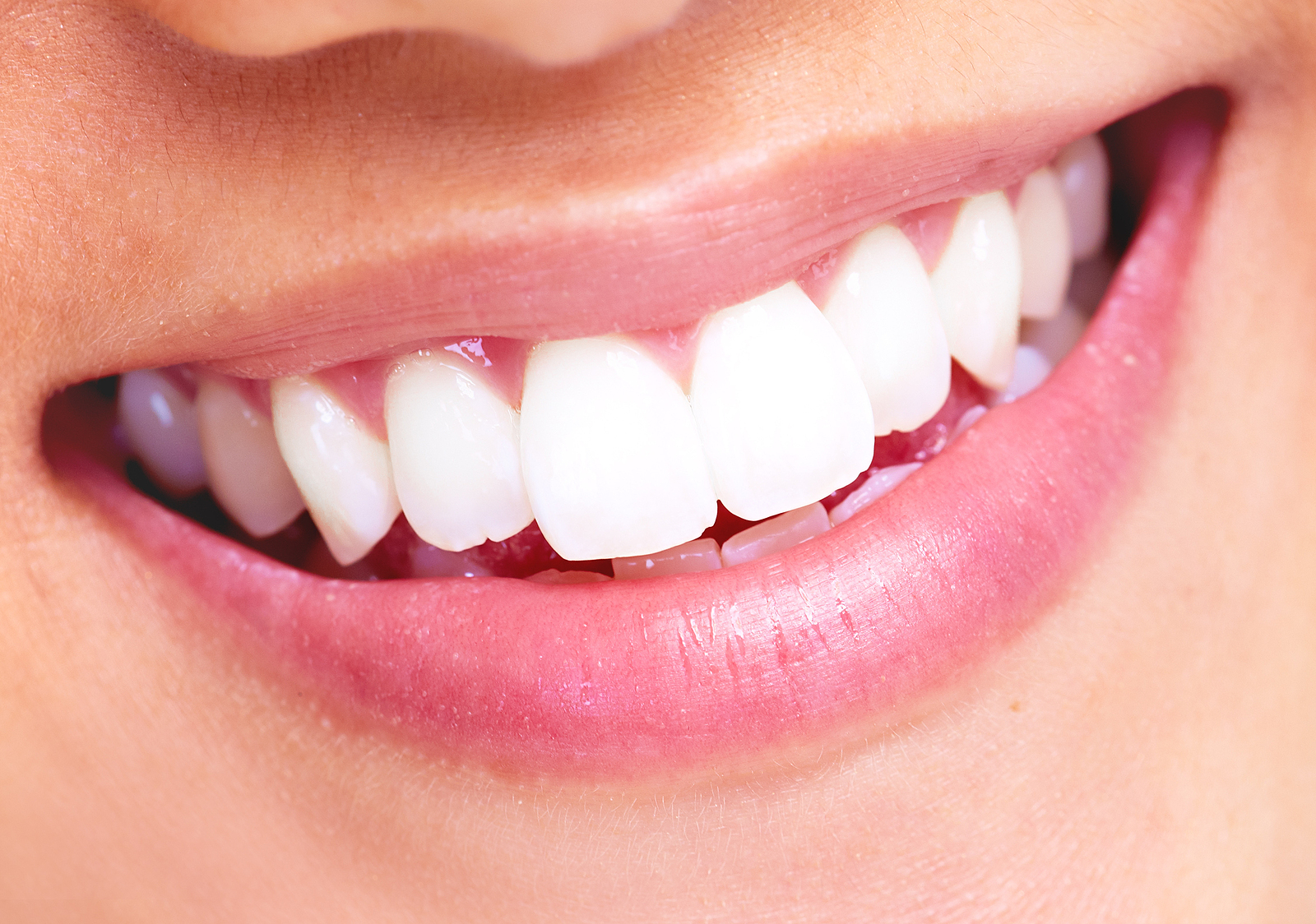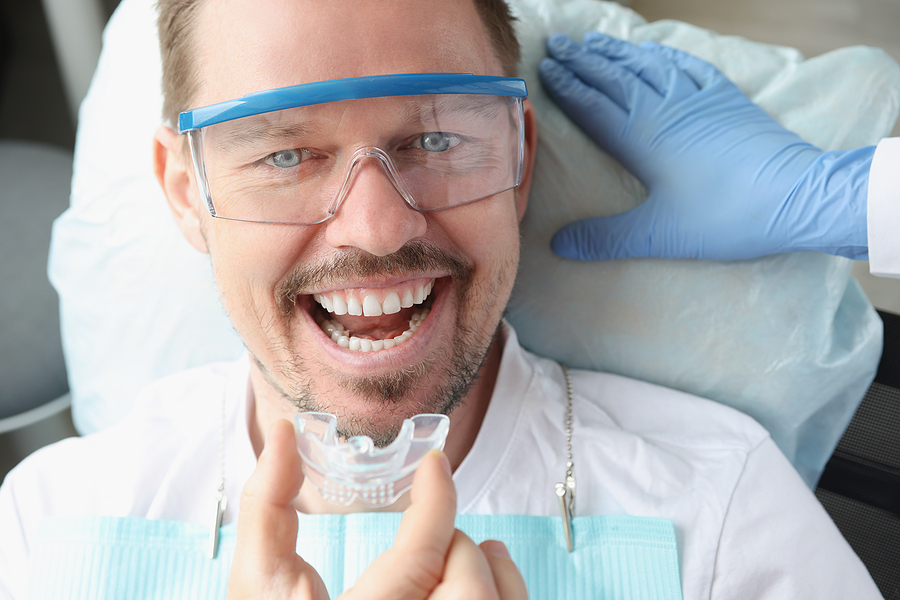Let’s Raise Awareness Of Oral Cancer
Posted by Paige Lester on Apr 8 2020, 01:19 AM
Oral cancer is a serious yet treatable disease. Early detection and treatment can help save your life.
What is oral cancer?
The various types of oral cancer include squamous cell carcinomas, adenocarcinomas, and malignant melanomas. The most common form of oral cancer is squamous cell carcinoma. This cancer type occurs in the flat cells of the mouth lining.
Squamous cell carcinomas typically cause red, painful lesions in the mouth that do not go away after two weeks. These warts may also bleed easily and be painful while chewing or swallowing food. Another common symptom of this type of cancer is a persistent sore throat that won’t go away. This type of cancer can occur anywhere inside the mouth, but it is most common on the tongue and the insides of the cheeks.
Other risk factors for developing oral cancer include:
- Smoking cigarettes or using snuff tobacco
- Drinking alcohol excessively
- Using betel nut or betel leaf
- Having Human papillomavirus (HPV) infection
- Exposure to ultraviolet radiation from the sun
If you are concerned about any unusual sores in your mouth that don’t heal within a couple of weeks, be sure to see your dentist for a checkup as soon as possible. Regular professional checkups are vital for catching oral cancer early when treatments can be most effective.
If you smoke or use other tobacco products, you should quit immediately in order to reduce your risk of getting oral cancer. Your dentist can give you additional suggestions for quitting smoking.
What are the risk factors for oral cancer?
Risk factors for oral cancer include tobacco use of any kind and excessive alcohol consumption. HPV has also been linked to an increased likelihood of developing oral cancer. Certain types of Human Papillomavirus (HPV) cause warts on the mouth or genitals. A sexually transmitted virus that is very common in the United States, it affects men and women alike. Visit the Centers for Disease Control and Prevention (CDC) to learn more about HPV and how to prevent it.
Smoking alone is responsible for approximately one-third of all cases of oral cancers. Tobacco use in any form increases your risk of oral cancers, including cigarettes, cigars, pipes, hookah, and smokeless tobacco. If you smoke or use tobacco products, talk to your dentist about options to help you quit. Some of these options include counseling, prescription medications, nicotine replacement therapy, and even laser therapy to help curb cravings.
Heavy drinking also increases your risk for oral cancers. This includes binge drinking as well as daily heavy alcohol use. If you are a heavy drinker or binge drinker, talk to your dentist about your risks and what steps you can take to reduce your risks. This may include cutting back on alcohol or abstaining completely. Some dentists may even be able to refer you for treatment programs that can help you stop drinking altogether.
What are the symptoms of oral cancer?
If your dentist identifies any of the following signs or symptoms during an oral exam, he or she may recommend additional testing to determine the underlying cause and to offer treatment as soon as possible.
Signs of oral cancer may include red or white patches inside the mouth, sores that fail to heal within a few weeks, lumps, crusts, rough spots, or small eroded areas on the surface of the gums, tongue, cheeks, palate, lips, sinuses or other areas of the head and neck. Some people experience no symptoms at all. An oral examination is the only way for the doctor to identify oral cancer early and begin treatment before cancer advances.
How can a dentist help diagnose oral cancer?
As with any type of cancer, early detection gives patients the best chance for successful treatment and enhanced survival outcomes. During the dental visit, the dentist will look thoroughly in the mouth for any abnormalities and do a visual screening of the face, neck, lips, throat, tissues, and other areas of the head and neck. Sometimes, biopsy procedures are needed to rule out or diagnose oral cancer. Biopsies also are used to collect tissue samples for testing in the laboratory to more accurately identify the type of cancer and rule out other potential causes for abnormal tissue growth.
The dentist will take a detailed medical history and perform a thorough head and neck exam to search for any evidence of oral cancer present. During your oral cancer screening, you will receive an oral cancer screening exam to check for any signs of the disease. Your dentist will also examine your mouth to look for signs of precancerous and cancerous lesions, as well as periodontal disease, which can increase the risk of oral cancer. He or she will carefully examine the inside of your mouth using a bright light and a magnifying glass to inspect all surfaces of your oral cavity, looking for anything out of the ordinary. They will also feel around your face and under your tongue to make sure you don’t have a tumor growing inside you. If cancer is diagnosed, our dentists will refer the patient to a specialist for treatment.
Call us or schedule an appointment online to learn more.



